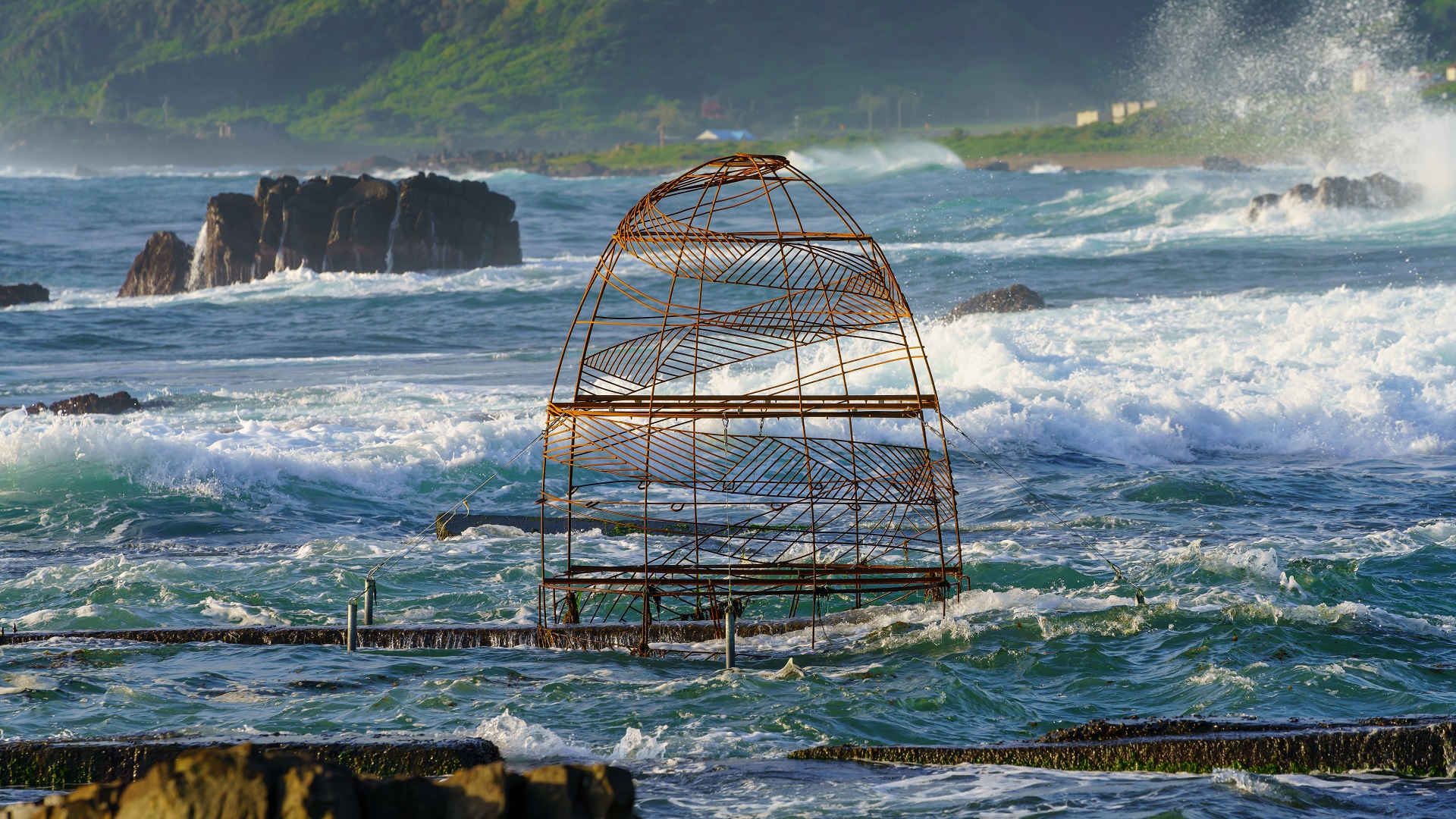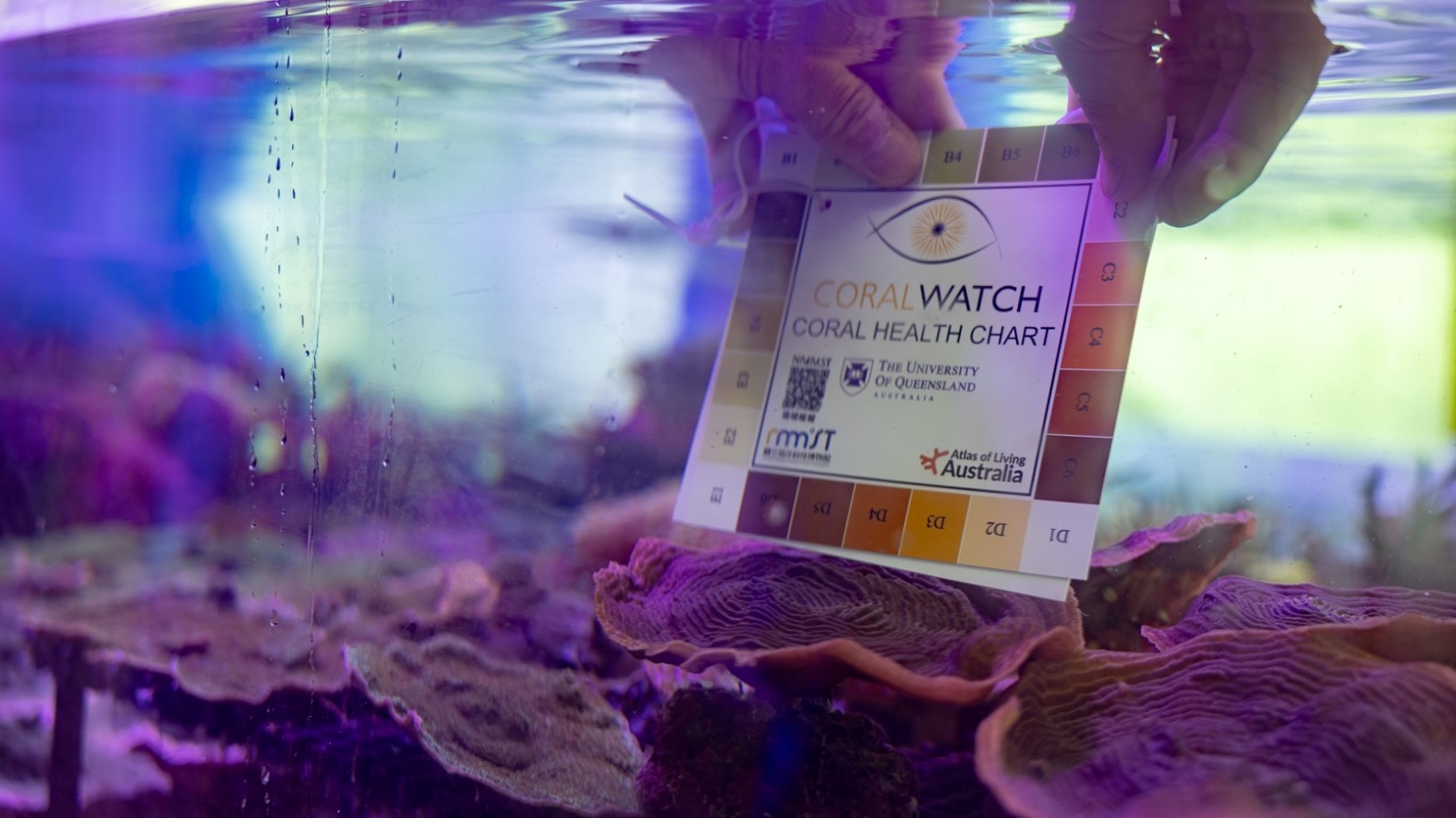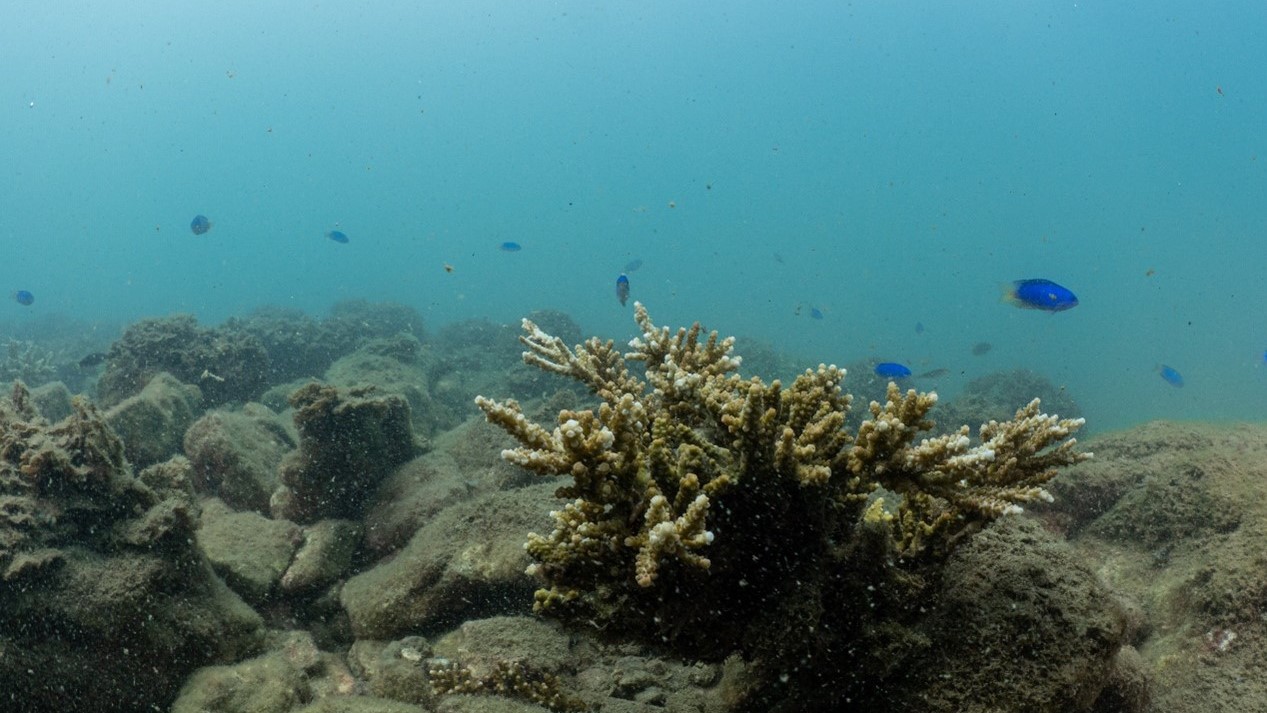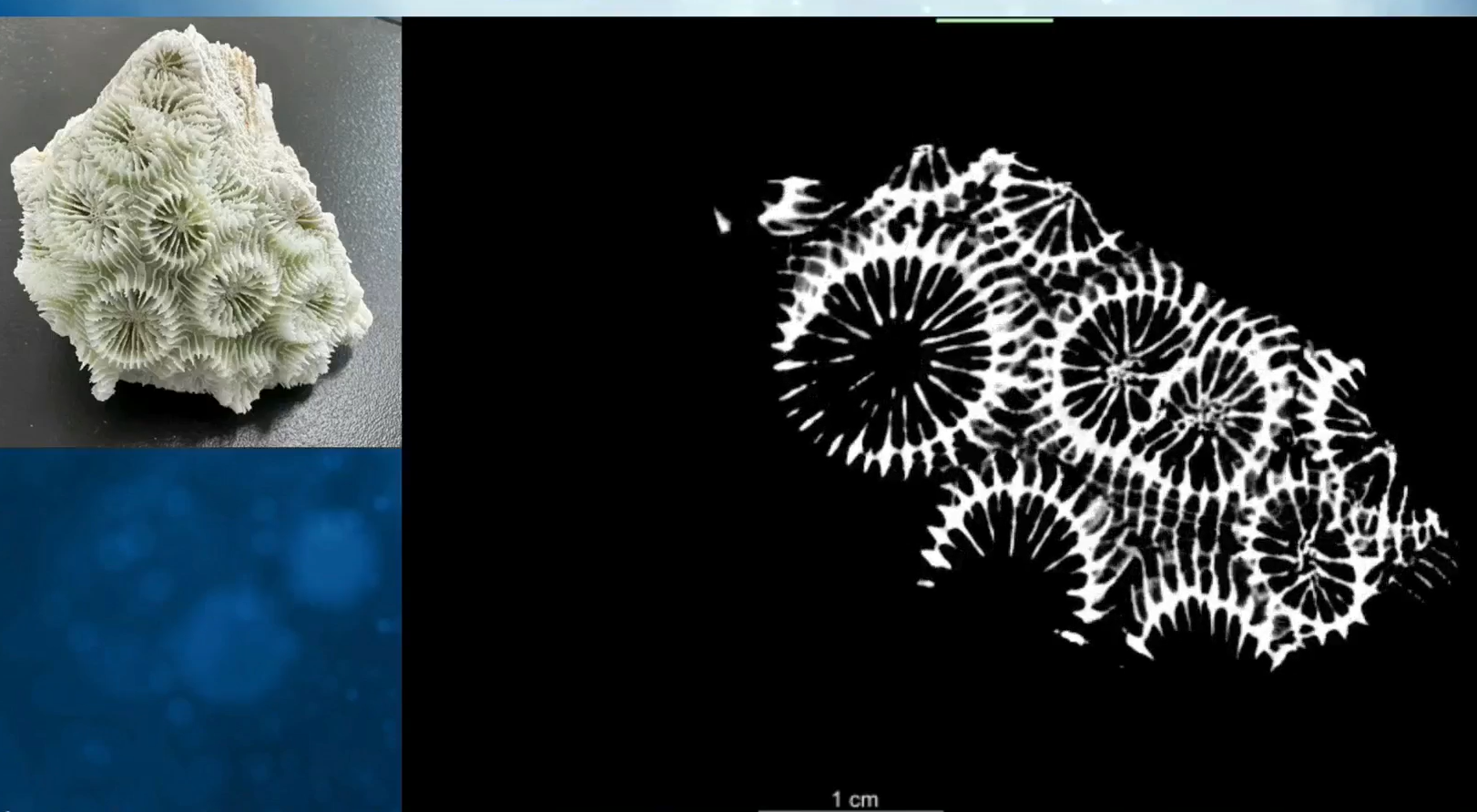
Duration:2020 until now Updated:2024/06/21
Over half of the coral reef cover across the world has been lost, and a further 70–90% of coral reefs are projected to decline at 1.5°C. To reverse marine biodiversity loss deriving from the significant decline of coral ecosystems, Delta has channeled resources into coral restoration since 2020.
2020
At the start, we recruited corporate employees of Delta Electronics and trained these volunteers into certified divers, while collaborating with scientists to equip them with the best-available knowledge of coral ecosystems and restoration, including recognizing coral species, transplantation measures, and manipulating coral health check cards.
2021
We consulted scientists and decided on a suitable location for coral restoration. Considering coral colonies in the South are moving to the North where waters are cooler and favorable to corals' growth under climate change, we further partnered with a professional marine conservation team to turn an abandoned abalone culture pond along the northeast coast of Taiwan into a coral nursery and examined its potential to be a sanctuary for coral reefs in the future.
Following UNEP's guideline for coral gardening, Delta started to foster coral fragments with an intermediate nursery phase, and transplanted grown-up corals back onto substrate along the northeast sea coast. Six types of corals (Acropora digitifera, Acropora intermedia, Acropora cervicornis, Montipora grisea, Pavona decussata, Pavona cactus), with 300 fragments, were successfully fostered and transplanted in this phase of restoration. The general coral survival rate reached 70%.
2022
We worked with the Museum of Marine Biology to train corporate volunteers to become qualified members of CoralNet, an international coral reef monitoring network featuring automatic analysis of coral reef images developed by the University of California, San Diego. The number of our volunteers now accounts for 80% of the total number of qualified volunteers with CoralNet certification in Taiwan.
2023
To conserve coral species, Delta and the National Museum of Marine Science & Technology (NMMST) jointly built the Chaojing Coral Conservation Center in 2023, with the aim to restore internationally recognized endangered corals and help corals develop better a heat-resistant resilience in the face of more frequent marine heatwaves.
Leveraging Delta Electronics' expertise in industrial and building automation, and integrating intelligent aquaculture and environmental management, the Chaojing Coral Conservation Center intends to create a suitable and energy-efficient greenhouse for coral growth. It was developed to be a coral conservation base integrated with a marine protected area. Corals with heat-resilient genes are nursed in the center before being selected and transplanted into the Chaojing Bay Resource Conservation Area. It is expected that over 10,000 corals will be fostered and transplanted within three years.
In the restoration process, we adopted Delta's LED lighting products and programmable logic controller (PLC) system to facilitate coral growth. There were over 1,000 coral fragments of multiple species being fostered to receive the stimulus of LED lighting, and we have been collecting science-based statistics to evaluate whether these batches of corals grow faster compared to their counterparts at sea. As for the PLC, it is used to effectively adjust the light spectrum and water quality to cater to the specific growth phases and requirements of corals.
Currently, the Center can support the cultivation of about 6,000 coral fragments and has selected 20 endangered native coral species that are listed on the International Union for Conservation of Nature (IUCN) Endangered and Vulnerable Coral-List, including Turbinaria reniformis, Galaxea astreata, and Pavona cactus. These have been identified as the first protected species in the center.
In addition to being the Ark for corals, the Center is also an important site for environmental education. Visit appointments are open to the public, with the museum's curators and Delta's volunteers serving as lecturers, enabling people to recognize the importance of corals in marine ecology. People are also allowed to experience the coral restoration process in person.

To support the coral restoration project, we have recruited corporate employees of Delta Electronics with diver certification since 2020.

Effective coral restoration relies on the increase of algae-eating fishes, which play a vital role in maintaining the health of coral communities.

Building on the preliminary coral research on Delta's Micro CT technology, our goal is to partner with a molecular biology lab to jointly develop application software for calculating coral's bone mineral density.